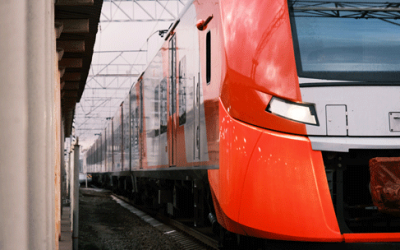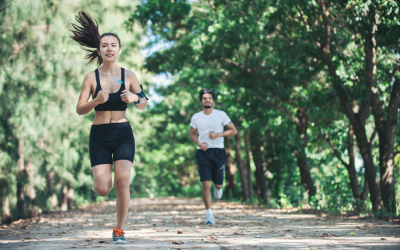Back Pain and Pregnancy
Back pain is very common during pregnancy – up to three quarters of pregnant women will experience it at some point! And it’s no surprise. Your body is going through lots of changes. The ligaments in your body will naturally becoming softer and stretch to help prepare your body for labour; combine this with weight gain and posture changes and it is a lot for the body to cope with! Despite this however, there are lots of things you can do to manage it!
Why is back pain during pregnancy so common?
Postural Changes
The postural changes the body goes through during pregnancy can be a major cause of pregnancy- related lower back pain. As your baby grows and your bump gets bigger, you will be carrying more weight out in front of you, and this causes your centre of gravity to shift further forward. Most notably, your lower back tends to develop a deeper curve. This causes increased pressure on the joints and muscles in the lower back.
These postural changes, combined with the breasts growing larger, may also cause upper back aches and pain. This makes getting measured for bras regularly throughout your pregnancy very important; it helps to make sure you are wearing the right size and, therefore, getting the maximum support.
The Role of Hormones During Pregnancy
In the final stages of pregnancy hormones are released, including the hormone relaxin. This causes your ligaments, muscles and tendons to relax, and this is necessary to allow the pelvis to expand and create room for your growing baby. However, this loosening can cause instability, and it is easy to overstretch and cause irritation to the joints and muscles.
It is also important to remember that relaxin stays in the body for a prolonged period after pregnancy, especially if you breastfeed; you must continue to be very careful when it comes to carrying, walking and lifting.
There are also lots of small lifestyle changes you can try that will make a difference.
Here are some tips
Exercise
Firstly, the fitter you are and the more muscle tone you have before pregnancy, the more likely you are to be able to cope with the body’s postural changes. During pregnancy specialist yoga classes, taken from 12 weeks onwards, can be very beneficial. As can swimming and aqua natal classes as being in the water takes the pressure off strained joints whilst providing good exercise and relaxation.
Posture
Try to avoid over-arching the lower back, keep your upper back straight, your shoulders back and relaxed. Finally, ensure your neck is in line with your shoulders rather than sticking out.
It is very important to try to avoid sitting in one position for long periods. It is important to keep the body mobile and prevent muscle fatigue by changing positions or taking breaks.
Remember to bend with your legs, not your back! If you have children already, it can be difficult as they will need lifting and carrying.
Always lift with your spine straight and knees bent to avoid leaning, stretching or
bending.
Shoes
Wear comfortable, supportive shoes. This will help to prevent extra stress and strain on the lower back.
Sleep
Sleep on your left side with a pillow between your knees. This helps to prevent your top leg from twisting across your body, and so helps to keep your spine in a neutral position. You may want to place a pillow under your tummy also, to support your bump




